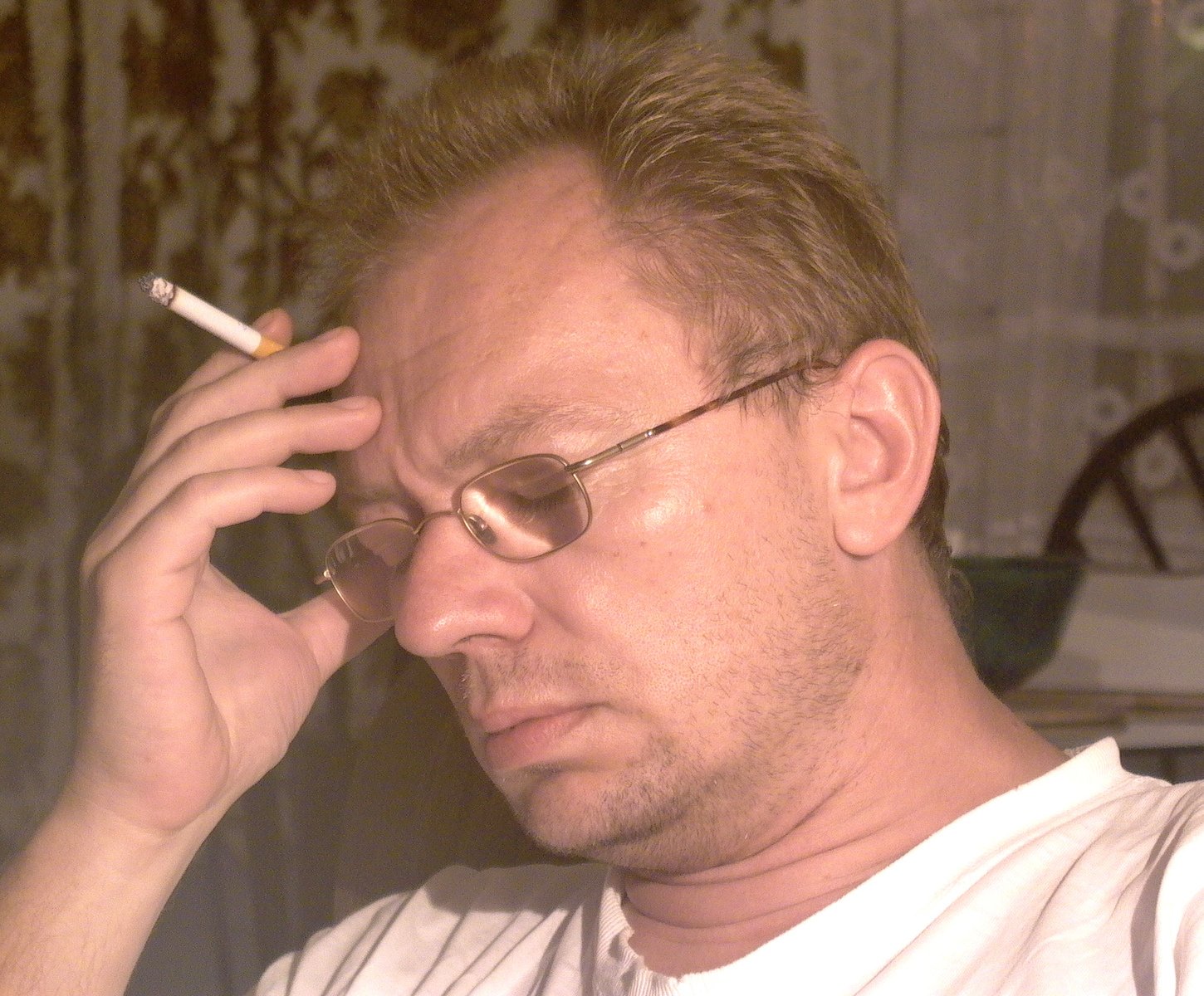

Patent maximalism is hinged on the misguided belief (or lie) that the more patents are granted and the more companies get punished for simply minding their own business, the better off supposed 'innovation' will be (they actually allude to lawyers'/attorneys' fees, not innovation).
Following a jury verdict of willful infringement, the court granted in part plaintiff's motion for enhanced damages and increased the damage award by 25% because one-quarter of defendant's sales at issue took place after the verdict.
In a previous post here, we described constitutional and procedural challenges to inter partes review (“IPR”) in the Oil States and SAS Institute cases taken up by the U.S. Supreme Court. We also posted here on Allergan’s attempt to avoid an IPR by assigning its challenged patents to an American Indian tribe that claims tribal sovereign immunity, an apparent insurance policy in case the Supreme Court upheld the constitutionality of IPR. In April, as widely-anticipated, the Supreme Court rejected the constitutional challenge to IPR in the Oil States case. However, Allergan’s insurance policy may never pay out – in late July, the Court of Appeals for the Federal Circuit rejected the applicability of tribal sovereign immunity to IPR. Thus, IPR is here to stay for the foreseeable future and the tribal sovereign immunity play looks to be on its last legs. There is, however, one crumb of comfort for critics of IPR – the Supreme Court’s SAS Institute decision, also in April, requires that the Patent Trial and Appeal Board (“PTAB”) decide the patentability of all patent claims challenged in an IPR once it is instituted. That decision overrules the prior PTAB practice of deciding the patentability of only the claims on which IPR was instituted – so called “partial institution”.
In Oil States, the patentee lost its broad challenge to the AIA Post Issuance trial system. However the majority opinion penned by Justice Thomas hinted that other collateral attacks on the system could find more success. Particularly, the court wrote that “our decision [finding that patents are public rights] should not be misconstrued as suggesting that patents are not property for purposes of the Due Process Clause or the Takings Clause.”
[...]
The Advanced Audio petition adds the additional twist that its patents were filed pre-AIA.